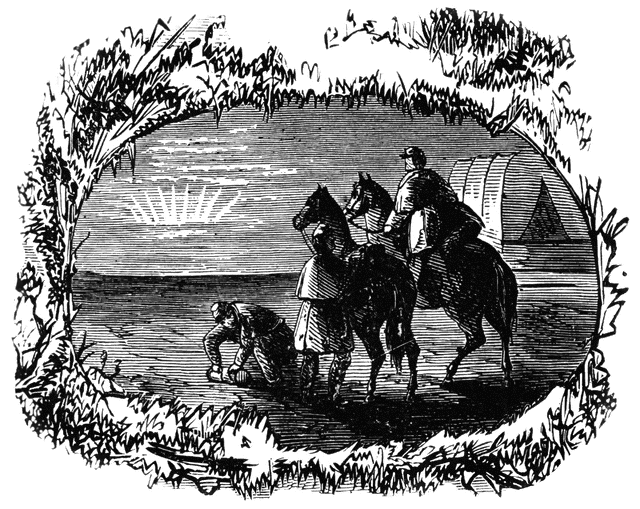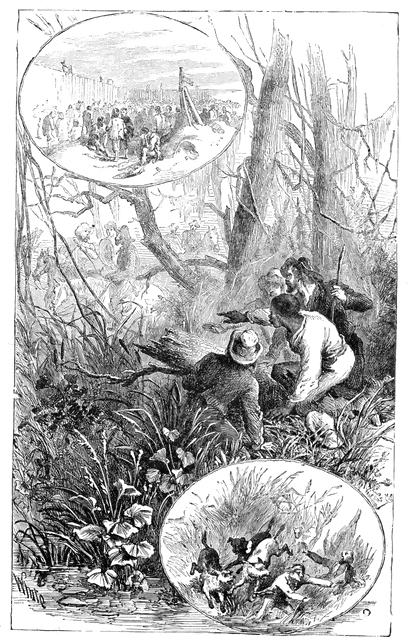Plan A. Plan Be. Plan
See.
Guest
blog by Jon Jefferson – the “Jefferson” half of the crime-fiction duo Jefferson
Bass. Working in collaboration with Dr. Bill Bass, the forensic anthropologist
who founded the Body Farm at the University of Tennessee, Jon writes the
bestselling series of Body Farm novels. The latest—The Inquisitor’s Key—comes out May 8.
I have writer friends whose workspaces are immaculate. I
have friends who write every day, including one who gets up at 5:30 a.m. and
writes for two hours before heading to his day job as a lawyer. I have friends
who make detailed outlines. I have friends who start at the beginning and write
their way forward, in perfect linearity, to the end. That is to say, I have
friends who are neater, more disciplined, better organized, and generally much
smarter than I am! But a beautiful thing about being a writer is that there are
a zillion different paths up the mountain. Doesn’t matter which path you take,
long as you’re climbing.
Three tricks to keep climbing: Change course. Be your inner
TV writer. And see what’s in your headlights.
Change course:
When I was a kid, I had one of those windup toy cars that, when it ran into a
wall or a chairleg or the dog’s dish, would back up an inch or so, change
directions slightly, and tear off again. Not, perhaps, the most efficient way
to go from Point A to Point Z, but I couldn’t help but admire the little car’s
persistence and energy. In practice, what that looks like for me (messy,
nonlinear writer that I am) is jumping to a different place in the story when
I’m stuck, and writing a scene that comes more easily than the one that brought
me to a screeching halt. I end up doing a fair amount of joinery eventually,
fitting all those pieces together, but I’ll take joinery over a blank screen
any day of the week.
Be your inner TV writer: Back
in my twenties, I had vague aspirations to write a novel—actually, the
embarrassing truth is, I had vague aspirations to “be a writer”—but nothing
came of them, because (a) I didn’t have a story I was burning to tell, and (b)
I was too damned intimidated by my inner critic (my straight-A English-major
critic) to write stuff I knew would be far inferior to Fitzgerald, Hemingway,
Dickens, and a legion of other great writers. Then I spent half a dozen years
making cable-television documentaries, and I got over myself. Writing for
television taught me to write fast and to write “good enough.” The liberating
thing about it was that nobody cared if a script was Faulknerian or
Hemingwayesque; what counted was that it got done, and that it was good enough.
Since then, I’ve written nine books. My inner critic still winces at some of
what I write … but at least I’m writing.
See what’s in the
headlights: Somewhere, taped to one of my computer screens or walls
(underneath a few other strata of index cards offering words of wisdom), I have
this wonderfully reassuring line from novelist E.L. Doctorow: “Writing
a novel is like driving a car at night. You can only see as far as your
headlights, but you can make the whole trip that way.” Another analogy,
which I offer from my experience as a pilot of small airplanes in the humid
summers of the South: When you’re a mile or two up, on a hazy August afternoon,
it’s often impossible to see the ground more than a couple miles ahead. The
world seems to coalesce, to materialize, just ahead of the plane, just in time
to fly above it. Sometimes when I’m writing, the world of the novel
materializes one paragraph, or even one sentence, ahead of me. What a relief,
and what a privilege, to see—to catalyze—that
world’s creation!
For more on Jefferson Bass, LIKE them on Facebook, find them at
their blog, and follow
along on Twitter.
Pre-order The Inquisitor’s Key:
























